
Culture
16:16, 25-Feb-2018
Master of Qinhuai colored lanterns inherits traditional Chinese craftsmanship
CGTN
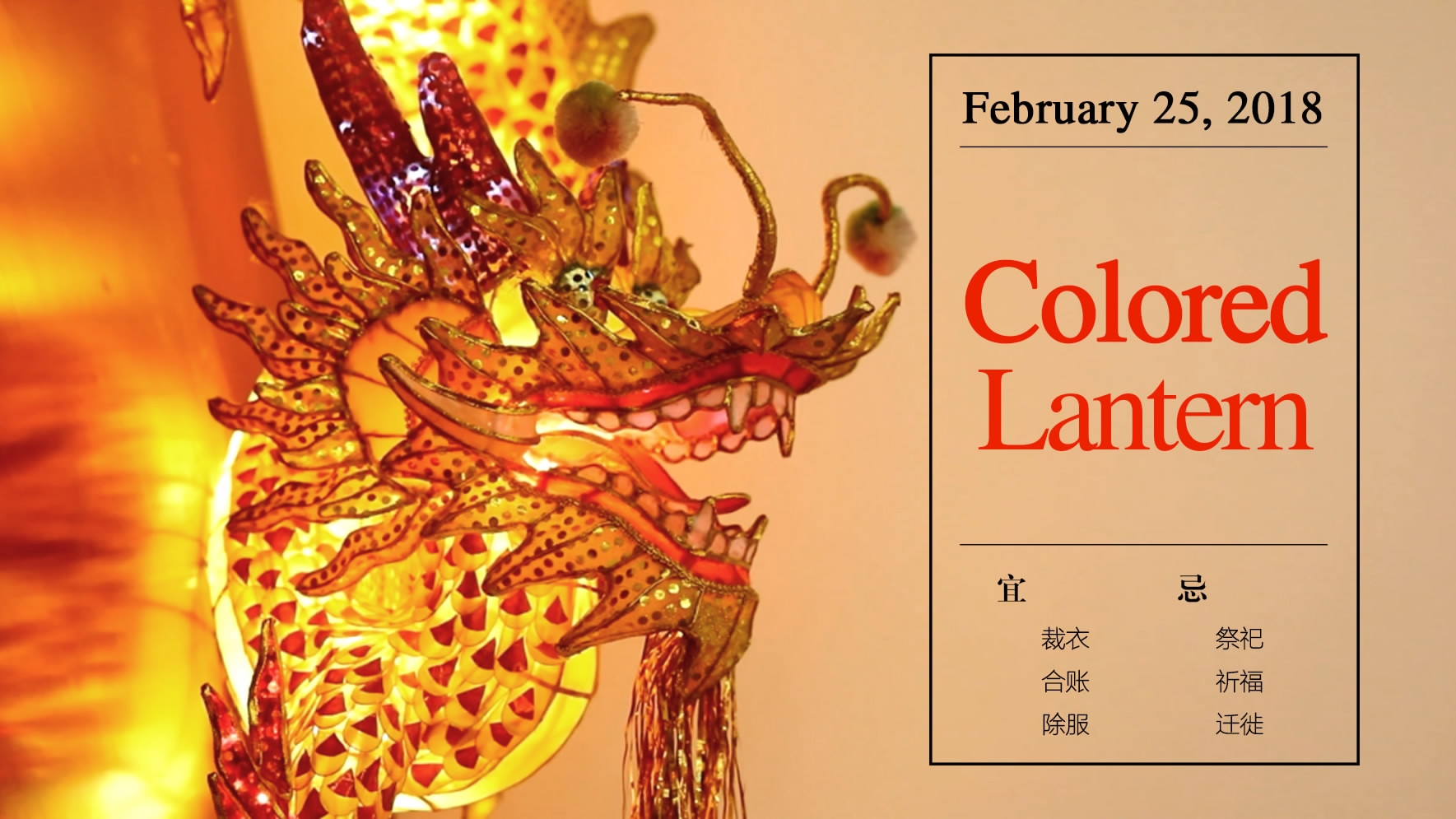
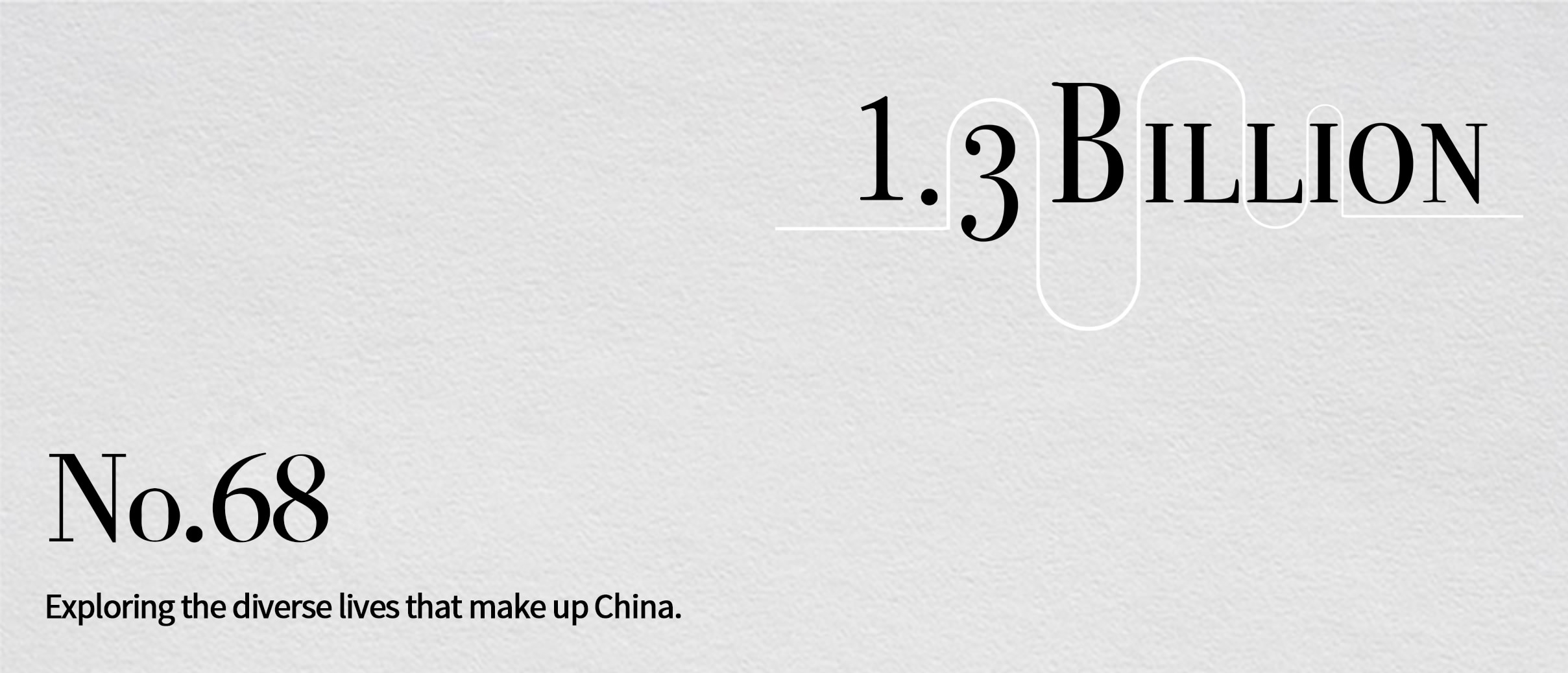
CGTN
CGTN
Qinhuai Lantern Fair is a popular time-honored celebration in Nanjing in eastern China without which residents say the Spring Festival would be deficient.
"The locals would say that, if you didn't go to the Confucius Temple at Spring Festival, you are not really celebrating it," says Gu Yeliang, referring to location of the fair.
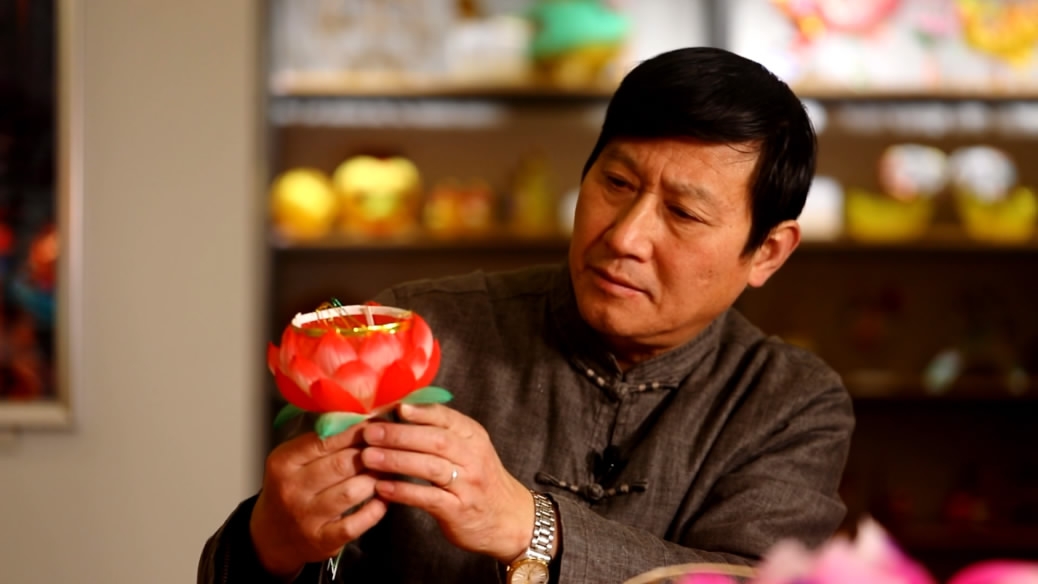
Gu Yeliang /By CGTN
Gu Yeliang /By CGTN
"But if you didn't buy a lantern at the show, your celebration is incomplete," adds Gu, who was born in the city, once the capital of six ancient dynasties, in 1962.
The rich history has left the ancient city with countless cultural traditions of which the Qinhuai Lantern Festival is the most popular.

Nanjing. /By CGTN
Nanjing. /By CGTN
Over 1,700 years ago, when Sun Quan chose Nanjing as the capital of Wu in the Three Kingdoms Period, the aristocrats began to appreciate the festival lanterns.
In the Ming Dynasty, Emperor Zhu Yuanzhang had grand lantern shows held every year around the Chinese Lantern Festival. The show usually lasted about 10 days. The art of lantern-making has developed since then.
Gu started learning to make lanterns from his father at a very young age. At 18, he became a pupil of Li Guisheng, a famous lantern artisan, and began his career as a professional lantern craftsman.
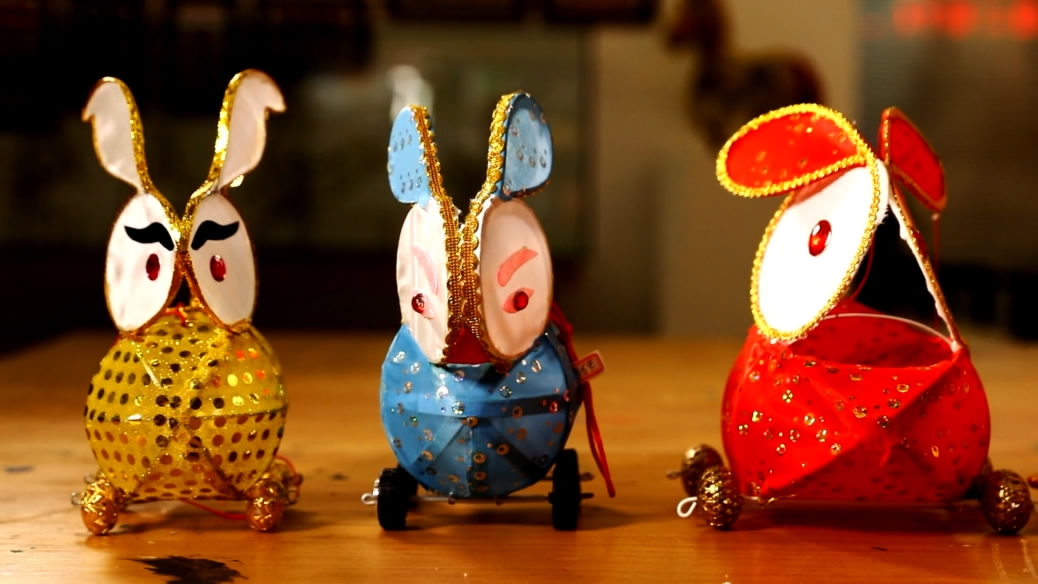
CGTN Photo
CGTN Photo
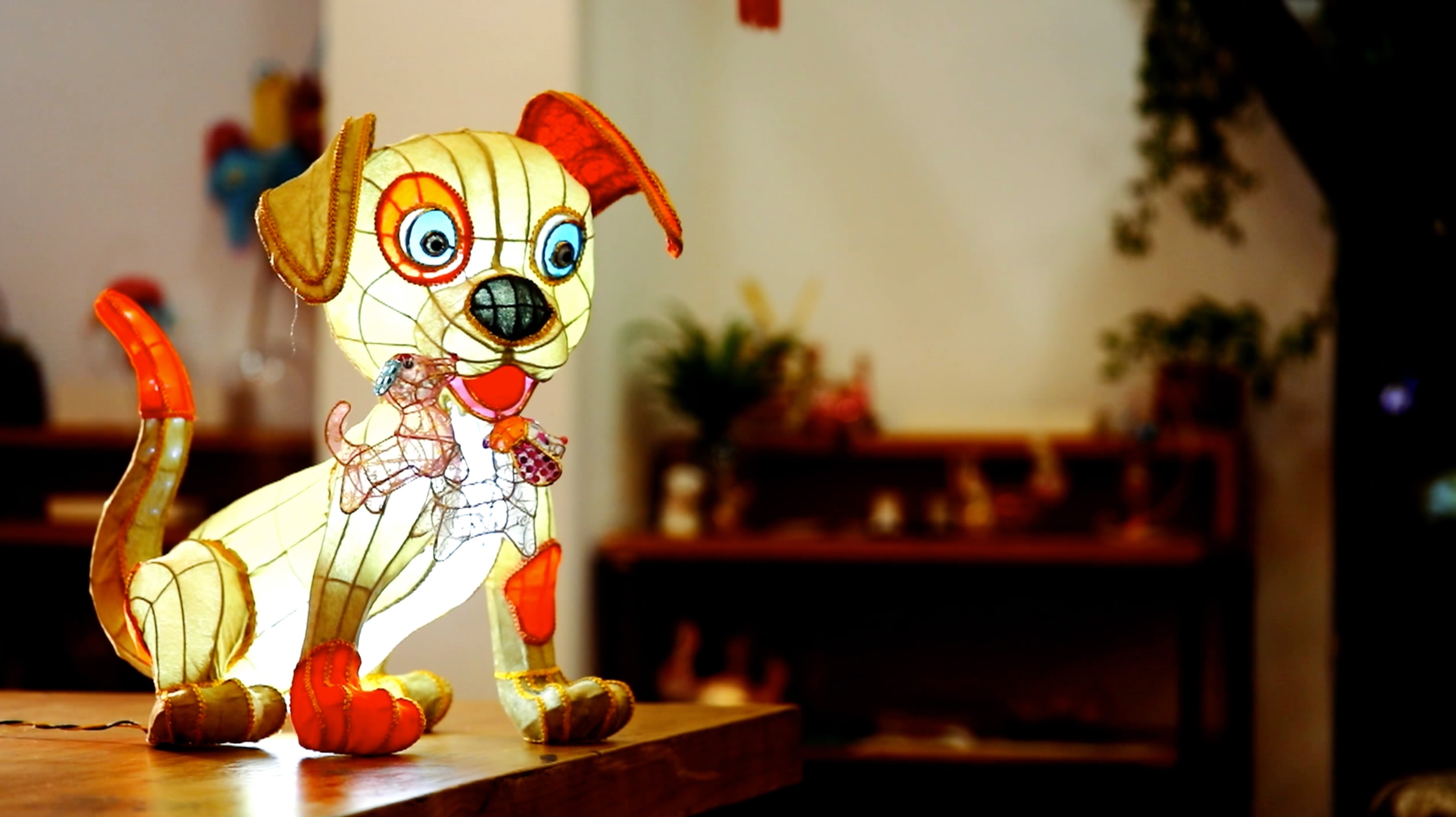
CGTN Photo
CGTN Photo
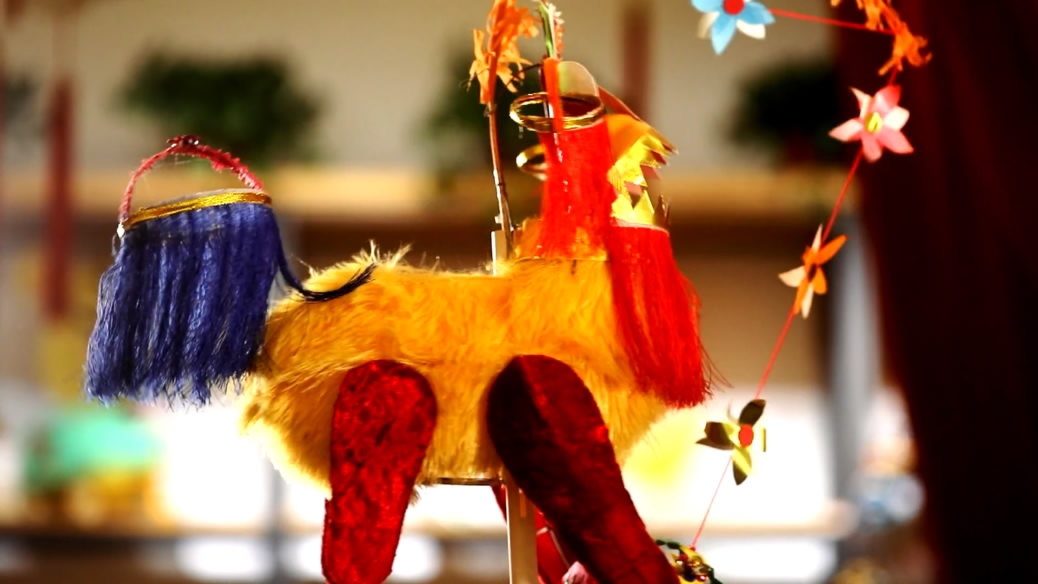
CGTN Photo
CGTN Photo
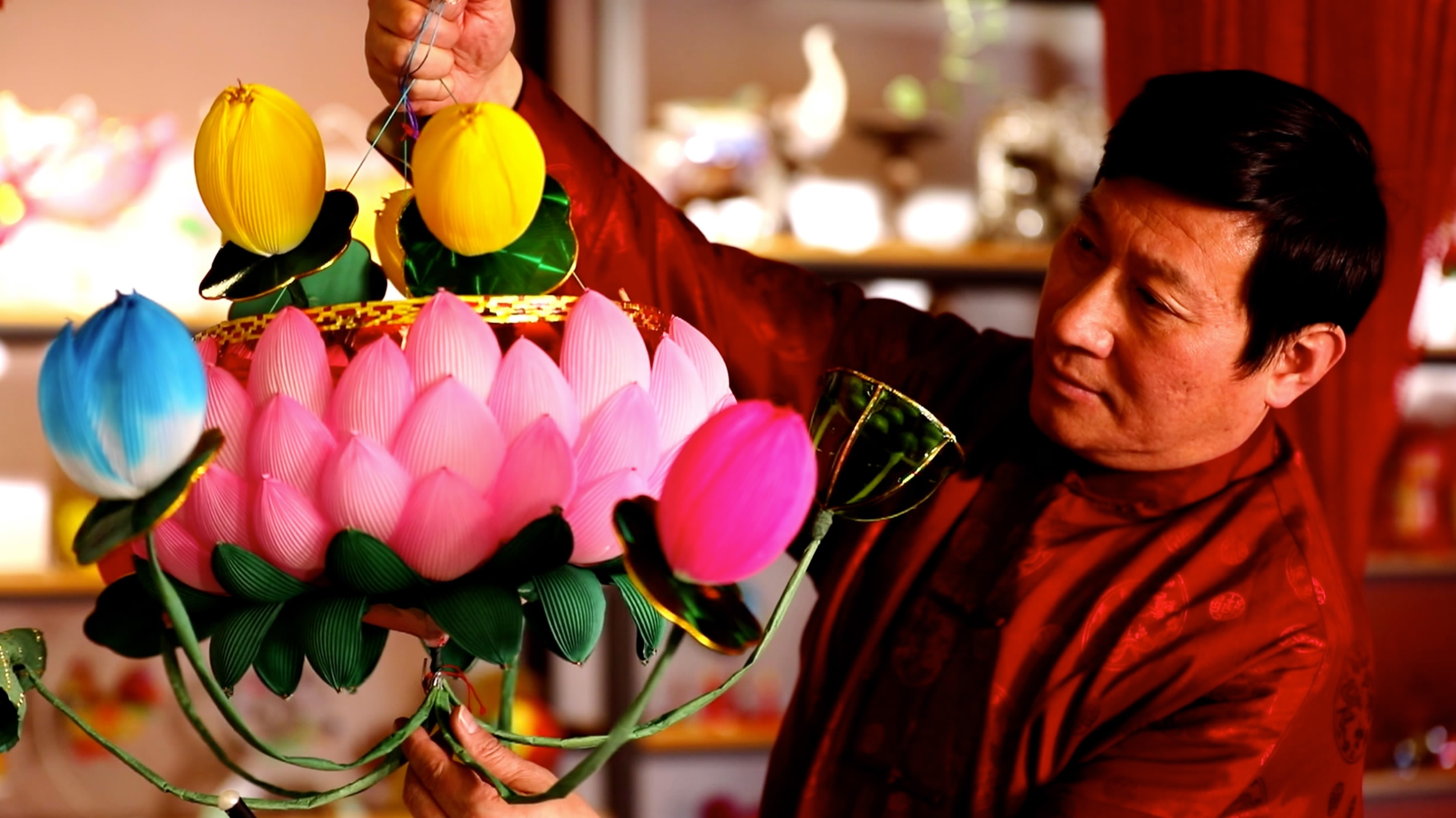
CGTN Photo
CGTN Photo
There are many varieties of Qinhuai lanterns with each having its own meaning.
Lion lantern means "prosperity," and rabbit lantern means "proud and elated." The best sellers are usually the lanterns of the year's Chinese zodiac, with people of the same animal sign expecting happiness and best wishes.
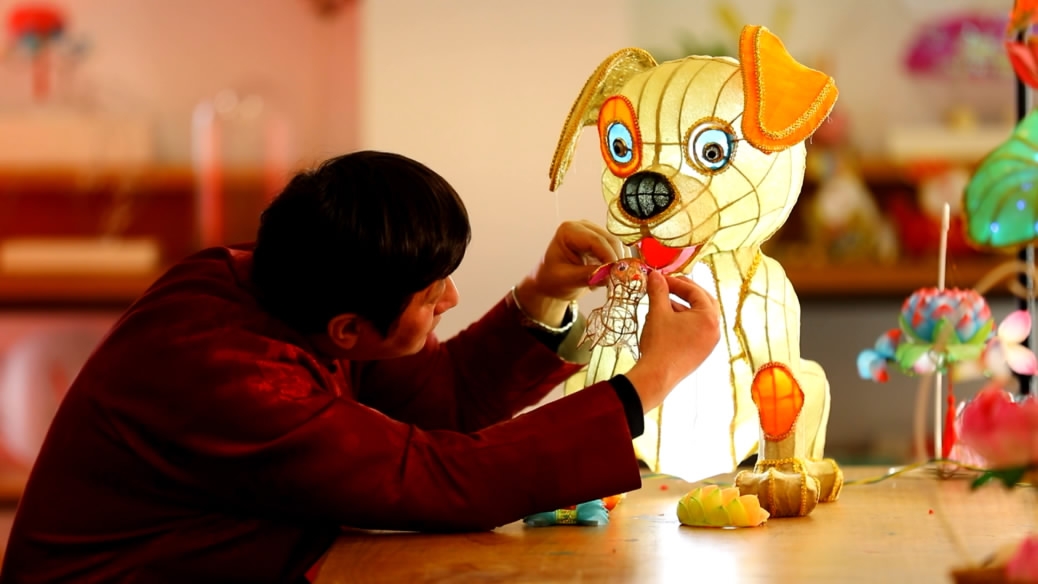
CGTN Photo
CGTN Photo
The lotus lantern is the most classical. "It will bring harmony and happiness to your family," Gu says.
The hand-making process of a lotus lantern has up to 62 steps.
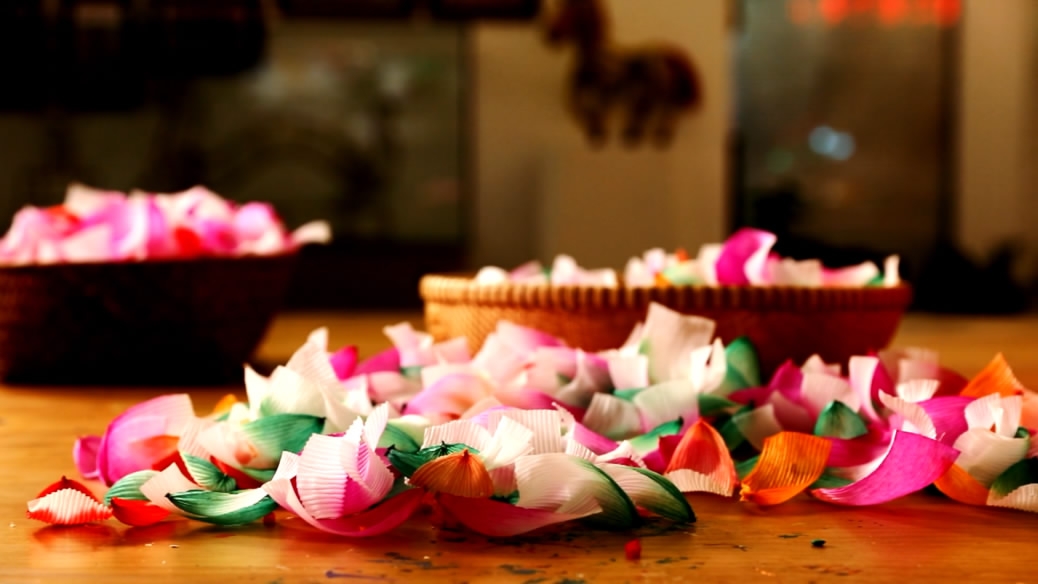
CGTN Photo
CGTN Photo
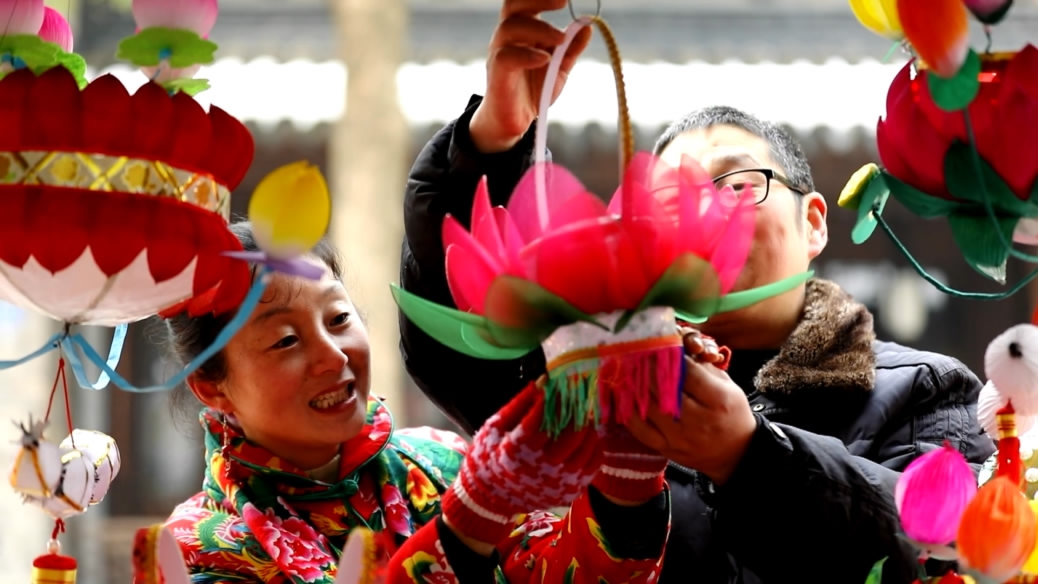
CGTN Photo
CGTN Photo
The "bones" are made of bamboo slices. Paper is cut into proper sizes before being dyed, dried in shade and pressed into the petal shapes. The craftsmen then glue the petals on to the bones, and blow them into the shape of a blooming lotus.
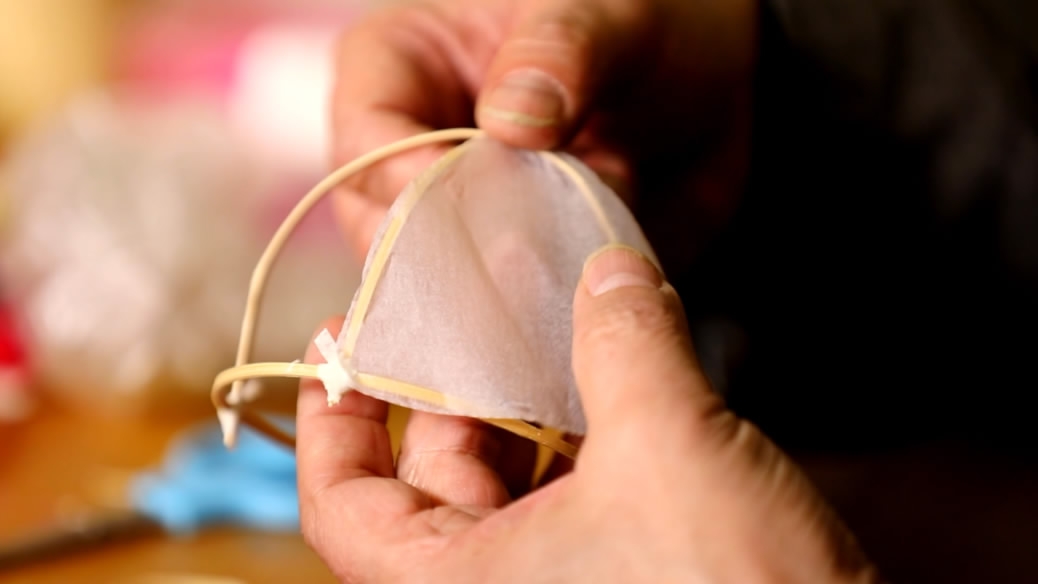
CGTN Photo
CGTN Photo
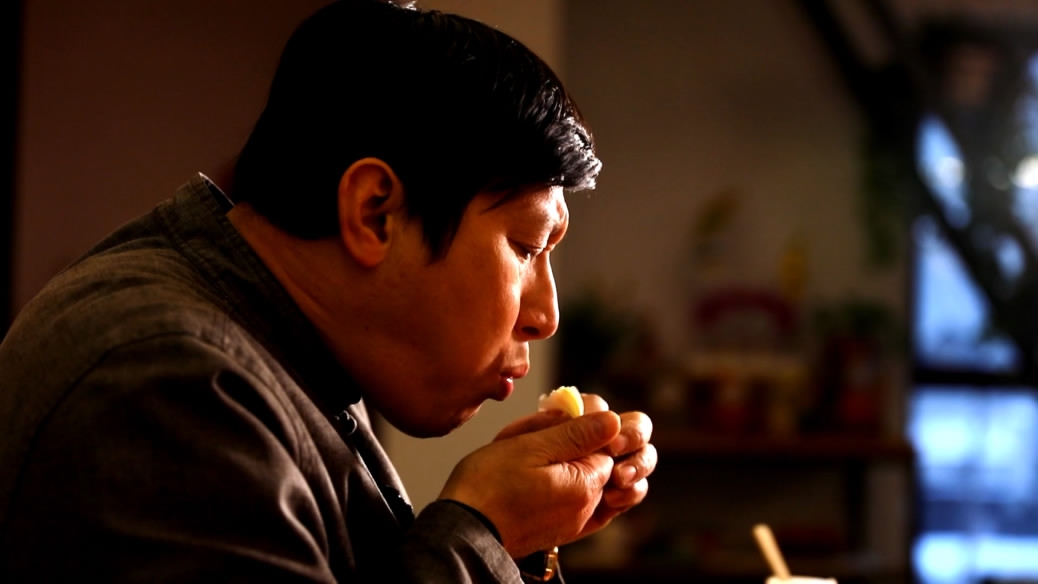
CGTN Photo
CGTN Photo
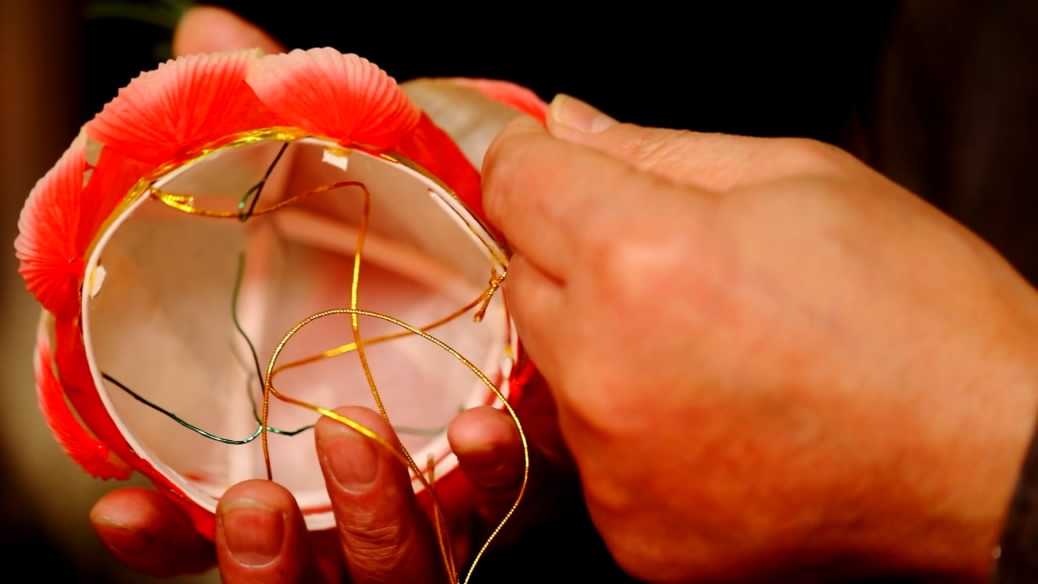
CGTN Photo
CGTN Photo
The stems are made of copper wire with tassels and LED lights completing the process.
Other than the small lanterns that people carry around, the shows of big lanterns are more than eye-catching.
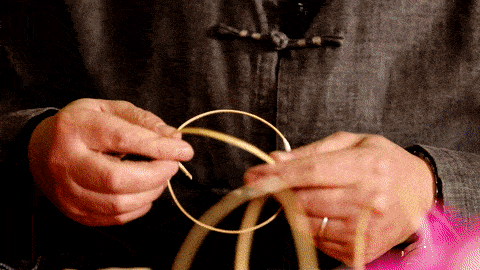
CGTN Photo
CGTN Photo
Gu has been in charge of the general plans, design and making for the Qinhuai Lantern Festival for years.
The river bank decorated with colorful lanterns is quite an attraction. Children run and play across the ancient downtown, carrying the lanterns in their hands. The air is filled with liveliness and happiness.
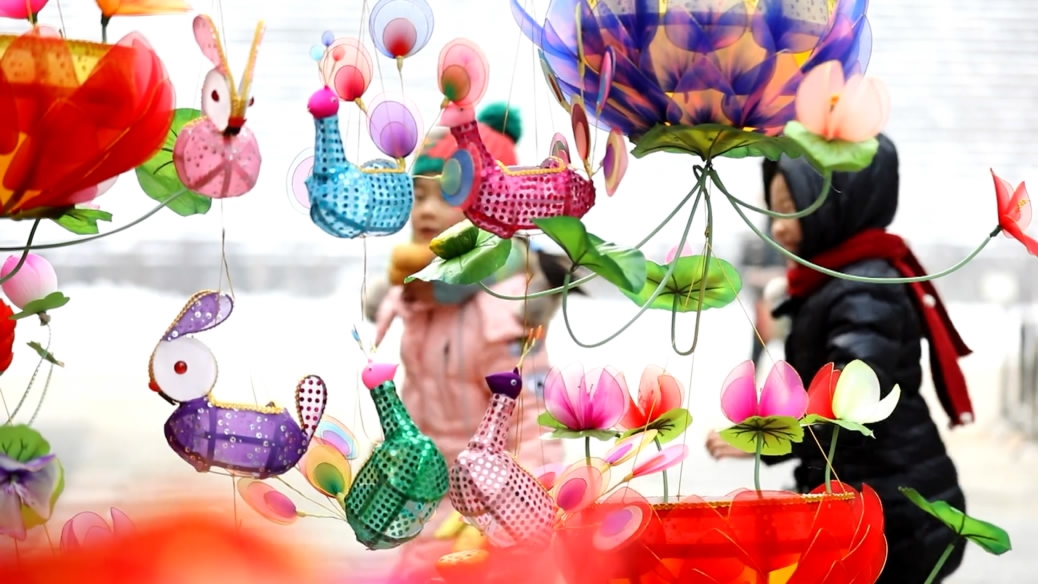
CGTN Photo
CGTN Photo
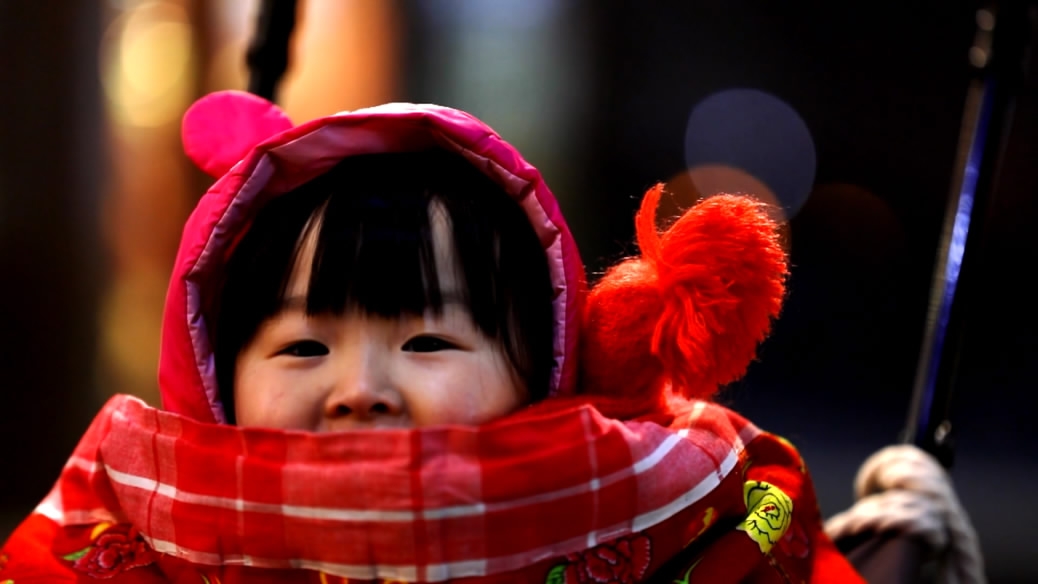
CGTN Photo
CGTN Photo
"The traditional lantern culture of Nanjing kind of represents the Han culture in the country," he says.
As an inheritor of the national intangible cultural heritage, he has been promoting the art on the world stage for years. In the 40 countries he has visited, the locals would always rush to buy his hand-made lanterns. The small workshops in Nanjing gradually grow into an impressive industry.
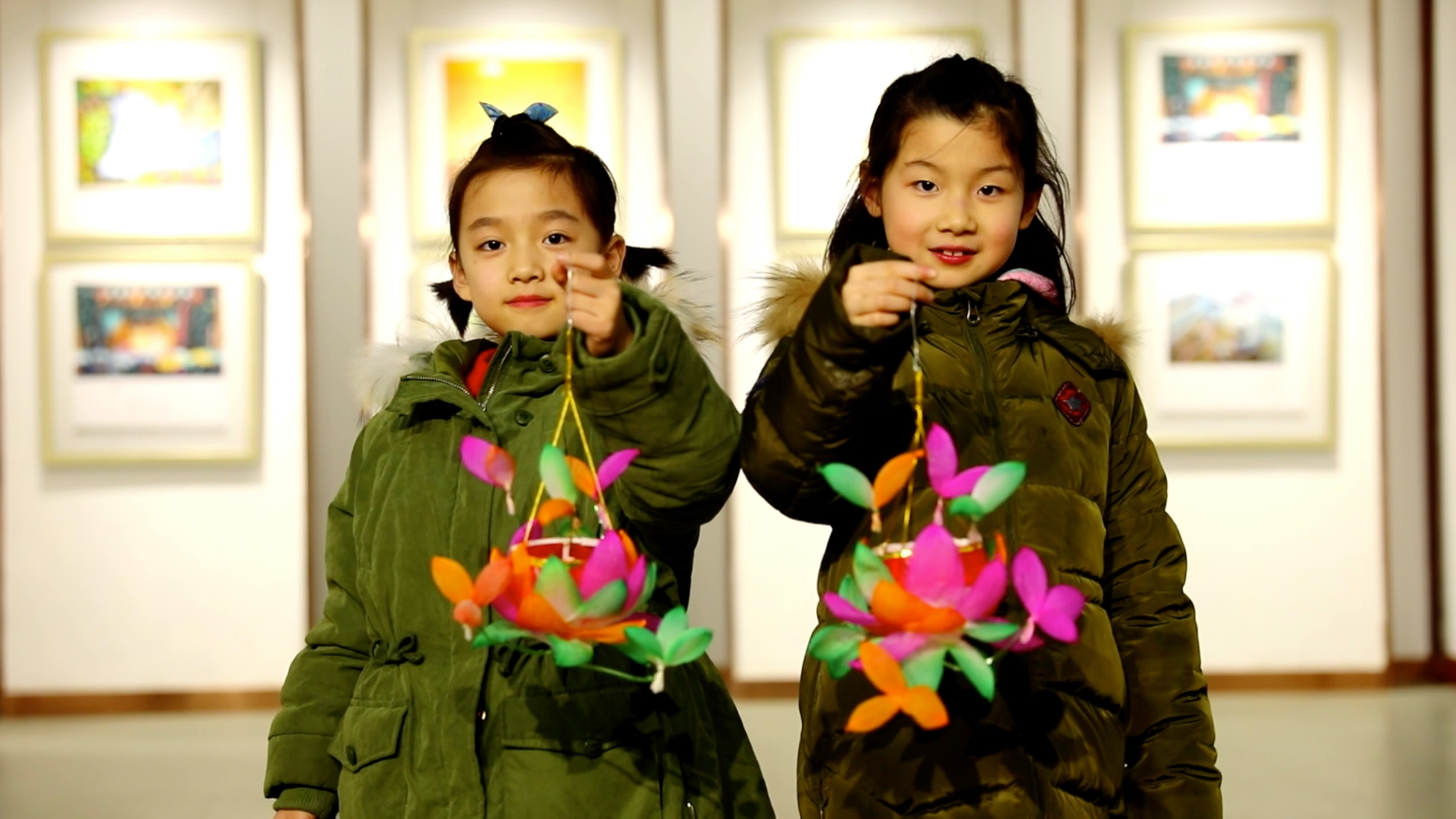
CGTN Photo
CGTN Photo
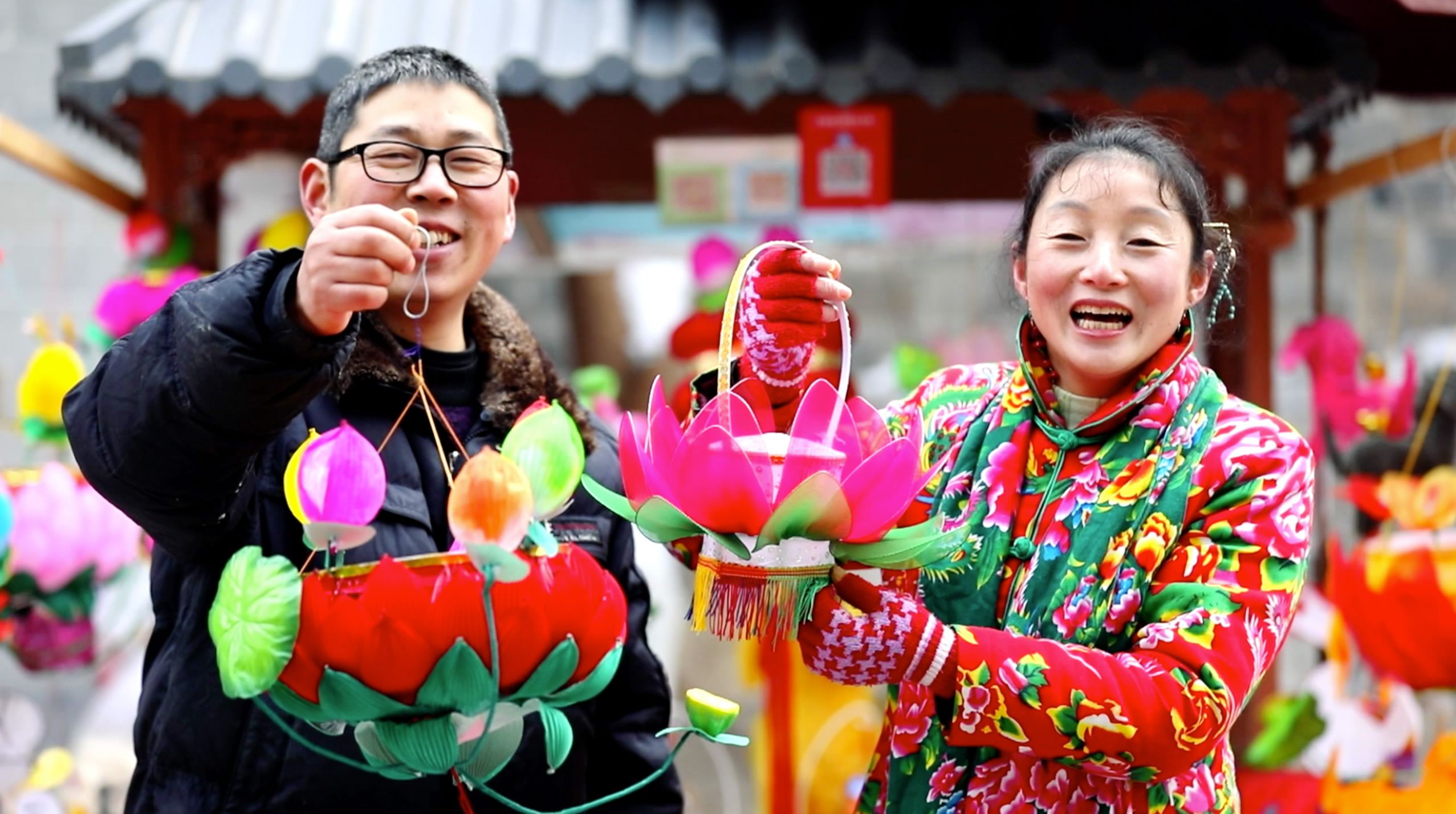
CGTN Photo
CGTN Photo
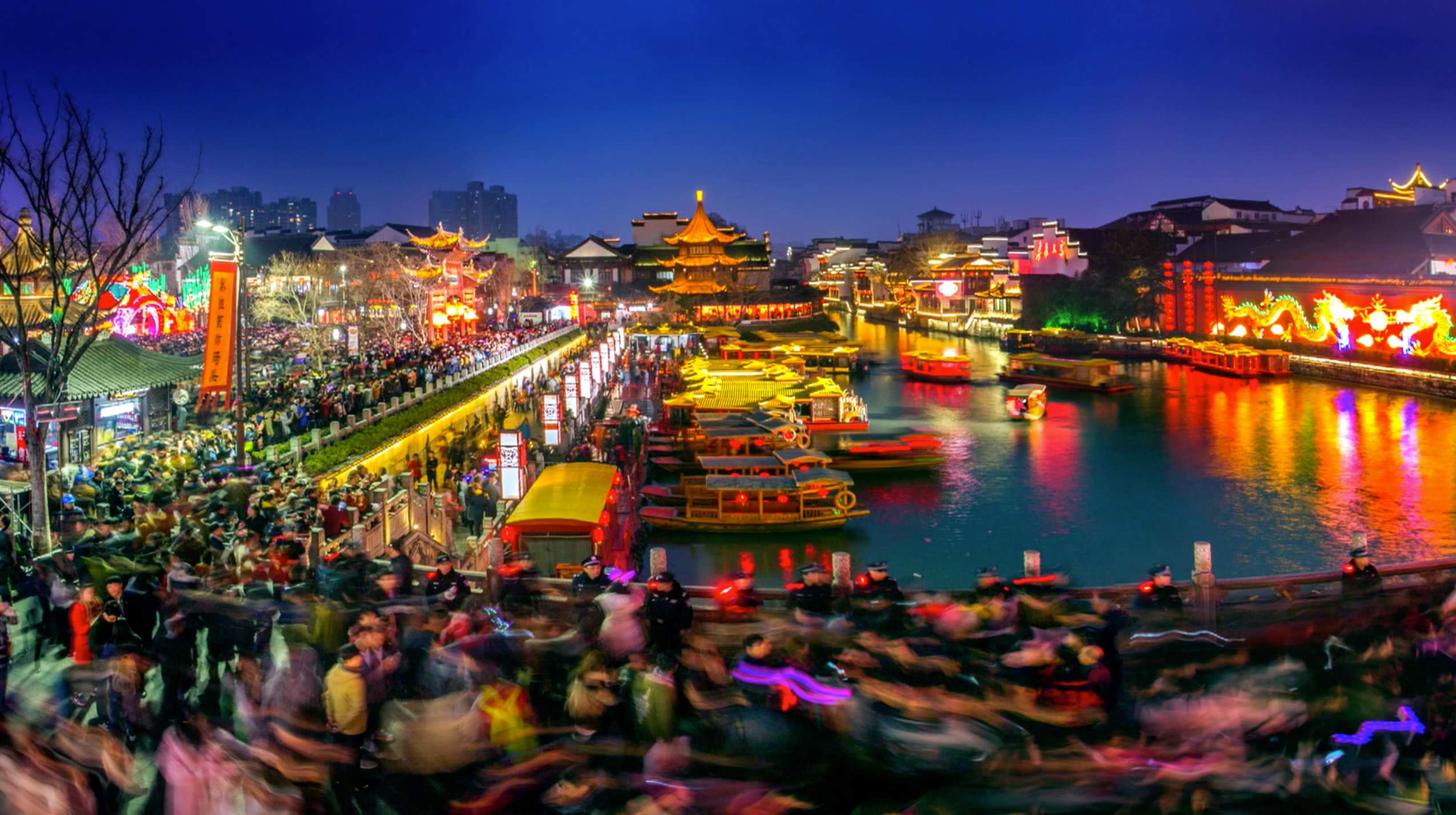
CGTN Photo
CGTN Photo
"Lanterns bring happiness to the people," Gu believes. Every year, lanterns made by the craftsmen like him light up the banks of the Qinhuai River, turning it into a Milky Way in the old city.
It's such a beautiful memory for every citizen of Nanjing, unforgettable even if they are far away from home.
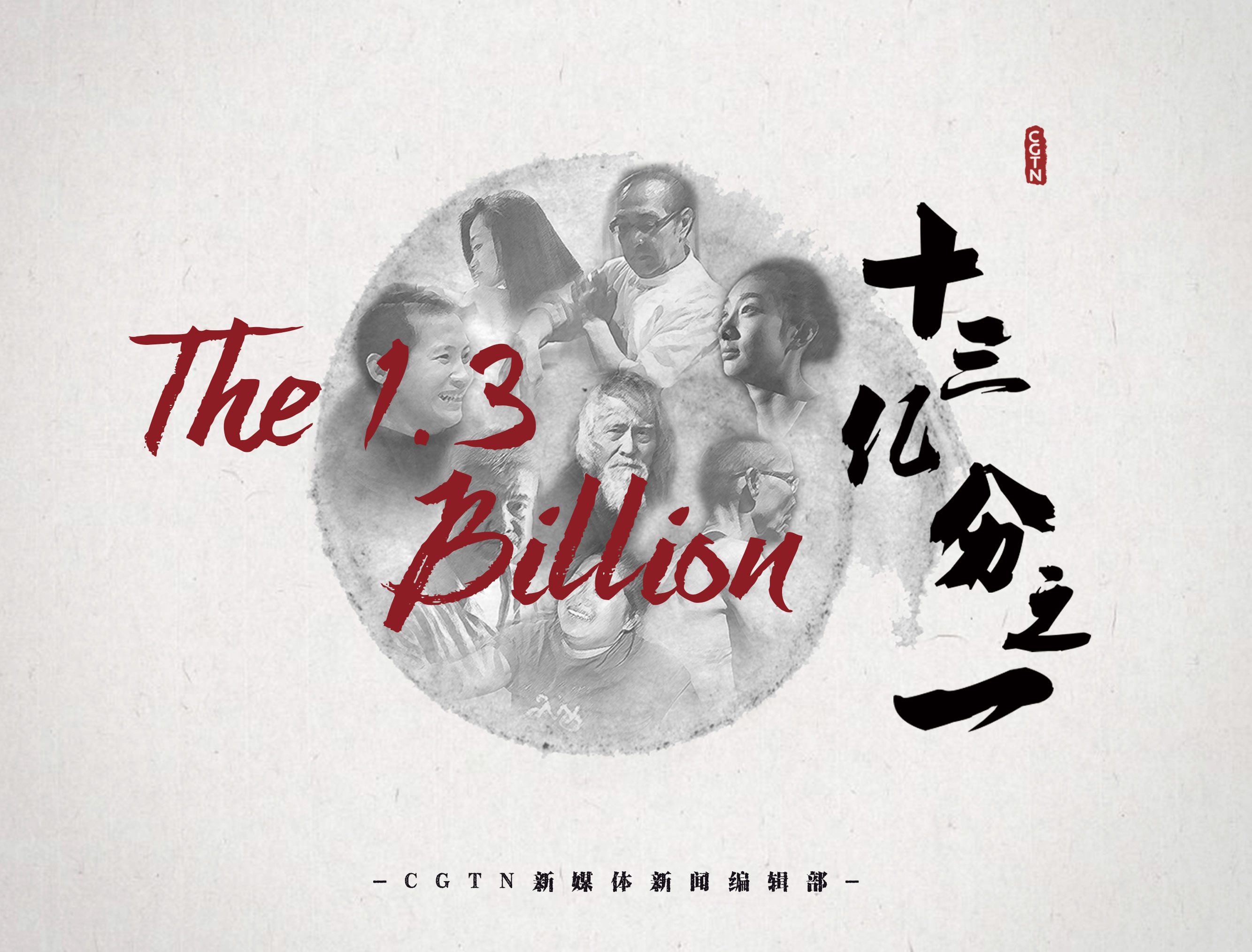
The story is in The 1.3 Billion series exploring the diverse lives that make up China.
The story is in The 1.3 Billion series exploring the diverse lives that make up China.

SITEMAP
Copyright © 2018 CGTN. Beijing ICP prepared NO.16065310-3
Copyright © 2018 CGTN. Beijing ICP prepared NO.16065310-3